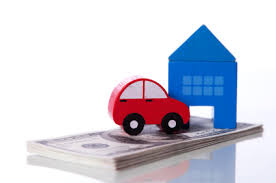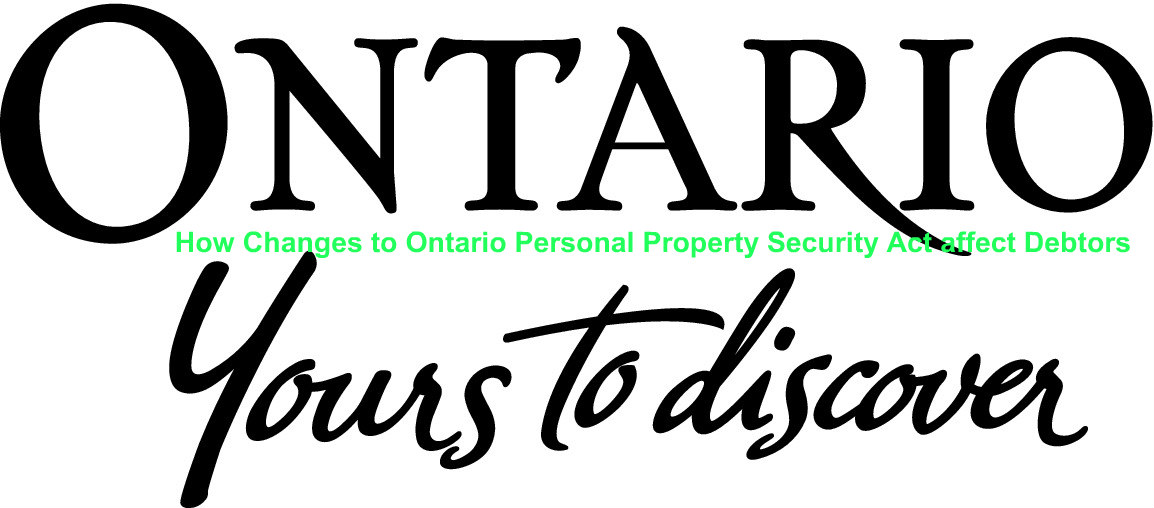When Is It Okay Not To Pay Off A Debt In Canada?
There must have been a time in your life when you wished there were debts you could forgo. Well, I want you to know that yes there were debts you could have foregone. There are periods here in Canada when it is very okay, ignore the calls of your creditors, and actually not pay those debts. Times when you are free to ignore a debt includes:
#1. It is old
It is okay not to pay off a debt that has exceeded its limitation period. The statute of limitation states that
“If an unsecured debt is not collected, or payments are not made on the unsecured debt within these time limits, then legal action cannot be taken by the creditor or a collection agency. Only admitting to the debt in writing OR making payments of a debt resets the statute of limitations”.
The time limits include:
- 2 years for Saskatchewan, Nova Scotia, Ontario, New Brunswick Alberta, Newfoundland and Labrador.
- 3 years for Quebec, and
- 6 years for other provinces.
If the period between when you last made a payment on that debt and the date wherein the debt collector or Credit Company begins to disturb, exceeds the statute of limitation for that province, it is perfectly okay NOT to pay that debt.
Realize that despite the threats you might get, the credit company cannot take any legal action or take your money except you admit to the debt and reset the limitation. Therefore, if that debt has exceeded the limitation for your province, don’t pay anything to get the collector of your back instead you could write a letter stating you do NOT have any outstanding debt and requesting that they should cease contact or take it to court.
#2. The debt was not secured
If a debt was not secured, you can decide not to pay it from time to time even until such a time that you have no need to pay it any more or are able to pay it at a lower cost. Realize that although they can take you to court within a period, many of the threats your creditors might make on these debts are groundless. For instance, they cannot take your house, as it was not used to secure the debt. In addition, know that these type of debts are debts that you can be free from without paying if you exceed the statute of limitation for your province or for some reason declare bankruptcy.
#3. The debt was little
There are debts that are not worth enforcing because, your creditors have to pay to enforce these debts. Therefore, if your debt is relatively little and there is a chance that your creditors could let it go, you can decide not to pay up.
Conclusion
Although it might be tempting not to pay all your debts, realize that there are disadvantages involved in doing this. For instance, that unpaid debt would hurt your credit score and be on your credit record except the debt expires or you get the credit company to delete it. In addition, you could be risking legal action if there are grounds for them. Always remember that debts that were secured have to be paid else, you lose whatever you secured them with.
Finally, before you decide not to pay your debts, it is very important that you weigh your options and or seek legal advice, if not paying those debts benefits you more than it harms you then please go ahead.





